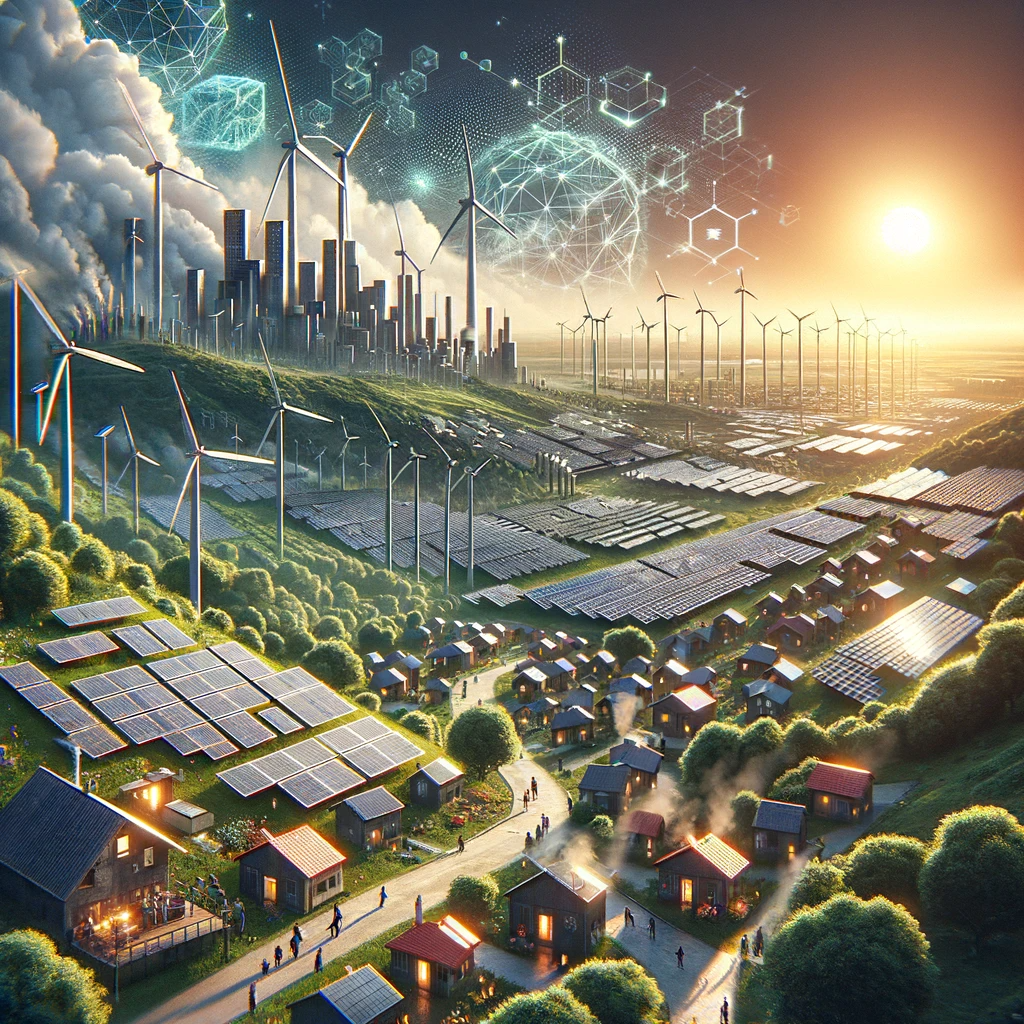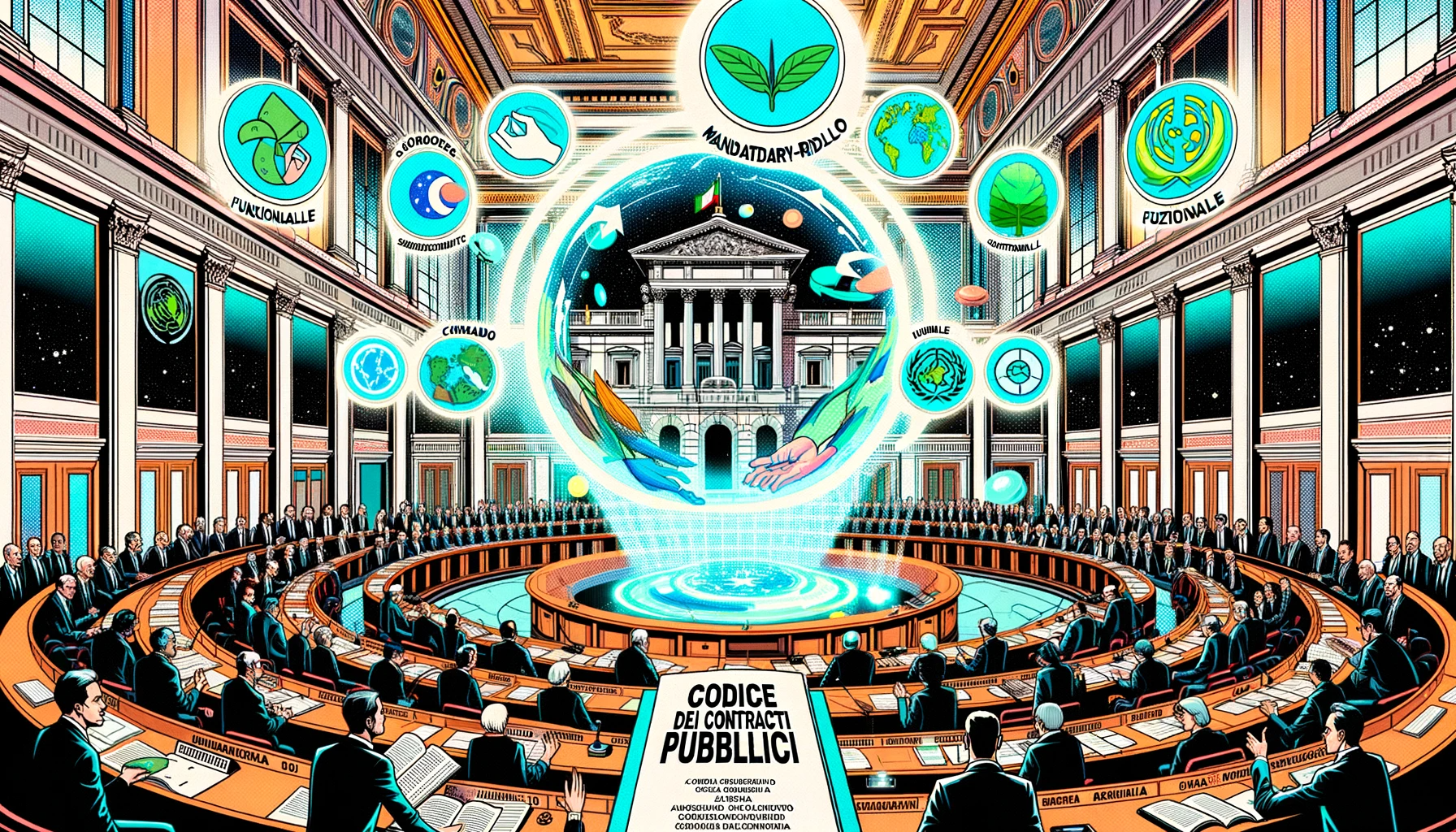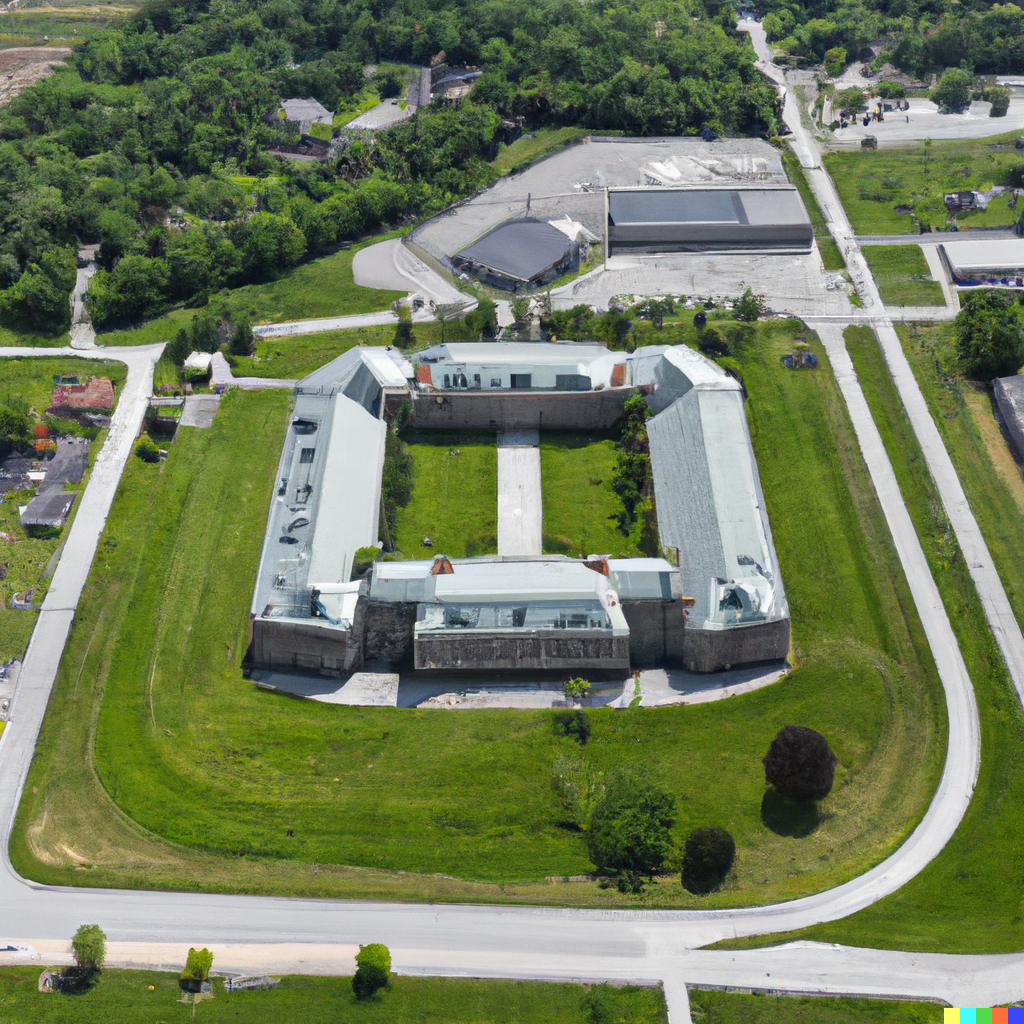Sustainable development

Safeguarding human health through environmental protection procedures: the Health Impact Assessment
Fortunato Gambardella | 19 February 2024 | Issue 1/2024
The Italian Health Impact Assessment (VIS) is a multidisciplinary participatory technique intended to assist public decision-makers in understanding the potential effects of policies, plans, programmes, and initiatives on community health. In recent years, in the Italian legal system, the instrument has found repeated applications, with different terminological variations, in the regional sphere and at an administrative level. At the national regulatory level, the VIS has found recognition in a series of recent amendments to the Consolidated Environmental Protection Act, specifically in environmental impact assessment procedures, through a configuration that appears to be far from the international model of Health Impact Assessment (HIA). The amendments require the private sector to do research on the specific health implications, while ensuring that the health component of the environmental impact assessment is carried out within a procedural framework established by the relevant public administration.
Read More
A Green Light for a Green Aid? Between Challenges and Opportunities resulting from the European Green Deal for EU State Aid Law
Magdalena Porzeżyńska | 5 February 2024 | Issue 1/2024
The European Green Deal, a set of EU policy initiatives with the overarching aim of making Europe climate neutral by 2050, requires significant green investments mobilizing public funds. The Commission confirms that the State aid policy has an important role to play in supporting the EU in the green transition process and in achieving the European Green Deal goals. However, for this to be possible, the EU State aid rules have to be well-designed and fully aligned with these targets. This paper aims to answer the question whether the European Green Deal actually gives a long-awaited green light for more sustainable and green aid and, at the same time, whether the EU State aid regime allows the achievement of the ambitious European Green Deal goals. To this end, the author analyses the existing State aid legal framework and assesses the recent review of State aid rules following the adoption of the European Green Deal.
Read More
The regulation of renewable energy sources and the “decentralising” trend: what role for the state?
Piergiacomo Mastellone | 22 January 2024 | Issue 1/2024
Examining the “decentralising” trend that seems to be impacting public and regulatory policies on renewable energy, this paper explores how new distributed energy generation models have spread and how profound innovations brought about by Distributed Ledger Technologies have resulted in new distributed energy policies. After a general overview of the regulatory framework of the sector, the paper aims to highlight the particular social value that renewable energy has acquired through the phenomenon of energy communities. Finally, the paper will investigate the role that the state is expected to play in response to these changes.
Read More
A study of the legislative tools to phase out e-waste in an ever-evolving digital world: environmentally sound initiatives and measures in China, the European Union, Ghana, India, Samoa, Singapore, and South Africa
Giuseppe Poderati, Hua Ji | 26 July 2023 | Issue 3/2023
Globally, governments and private parties such as businesses, NGOs, and individuals struggle to handle a growing number of used electronic devices. There are poisoning effects on land that often take many years to emerge, hindering several attempts to achieve land degradation neutrality. Legislation and legal enforcement must concentrate on eliminating and neutralizing dangerous compounds from e-waste, ensuring proper storage and preventing illicit trading. After examining relevant public international law and concerned organizations, a worldwide scenario and taxonomy of the relevant UN 2030 Agenda for Sustainable Development are assessed. The paper concludes that although public authorities are working hard to reduce environmental pollution caused by e-waste, existing international, regional, and national legislative tools and approaches could be more effectively implemented. It is necessary to take global actions to ensure environmental protection and human safety while addressing ambiguities in both national and international law.
Read More
Public procurement and environmental sustainability: from a “rigid-mandatory” to a “functional” approach?
Andrea Maltoni | 12 July 2023 | Issue 3/2023
This article analyses the new text of the Public Contracts Code with reference to the principles of sustainable development and environmental protection, neither of which are expressly mentioned among the new provisions. This examination provides an opportunity to reconstruct, according to Eu and national law, the role of the contracting authorities in pursuing environmental sustainability through public procurement. The approach followed in the new Code seems to be in line with the previous mandatory-rigid approach. Nevertheless, according to the principle of trust, corrective “functional” measures can be adopted to ensure that the processes of public procurement minimize damage to the environment and foster innovation.
Read More
The role of innovative procurement as a sustainability tool. The paper analyses the relationship between sustainable development and public procurement system from a juridical perspective. After having examined the application of the “Sustainable Public Procurement” strategy in so-called “traditional” procurement, the study explores the sustainability benefits that can be derived from the use of so-called “innovative” procurement by contracting administrations.
Read More
Accountability and social reporting in the Italian judicial system
Renato Civitillo, Floriana Fusco, Paolo Ricci | 7 November 2022 | Issue 4/2022
Judicial systems are experiencing a period of strong institutional and social pressure to improve, on the one hand, their effectiveness and efficiency and on the other, to increase their level of transparency and accountability. This is particularly evident in the Italian context, in which the debate regarding the judicial system has always been very heated and where numerous attempts at reform have taken place. Among other things, a new reform of the judicial system is considered the sine qua non for the National Recovery and Resilience Plan (PNRR). This article aims to explore the dissemination of socio-environmental and sustainability reporting among Italian judicial offices, with particular regard to the factors that facilitate and hinder such practices. To this end, a survey involving 430 offices belonging to the Italian ordinary justice system was conducted. The survey, based on 57 valid responses, highlights a very limited dissemination of sustainability reporting, despite the fact that there is a good knowledge of its function and therefore an awareness of its potential usefulness. Interesting results are highlighted in reference to the factors hindering or facilitating the related processes. Last but not least, the paper suggests some implications for policy makers and public administration that are willing to take this path.
Read More
The development of a new model of urban regeneration in light of the digitalisation of public administration
Leonardo Scuto | 29 September 2022 | Issue 3/2022
This article aims to investigate the distinctive features of the phenomenon of urban regeneration as an expression of the principle of sustainable development, in light of the digital administration model, i.e., a new structure designed to promote the digitalisation of decision-making procedures and a transformation of administrative functions, using Information and Communication Technologies (ICT).These elements should be the principles upon which the new urban development model is to be based. The influence of ICT on environmental assessments is crucial to fully understand both the potential and challenges faced by the Italian legislator when addressing urban regeneration. The purpose of this paper is, therefore, to propose a method to achieve the best possible interaction between traditional and innovative forms of urban regeneration, trying to identify, specifically, how local authorities can take advantage of new technologies both in a procedural and environmental perspective. It is emphasized how innovative technological solutions today find their highest expression in the development of a new urban model – the renewable energy community – which is one of the means identified to pursue the goals set out by the SDG No. 11 drafted by the United Nations.
Read More